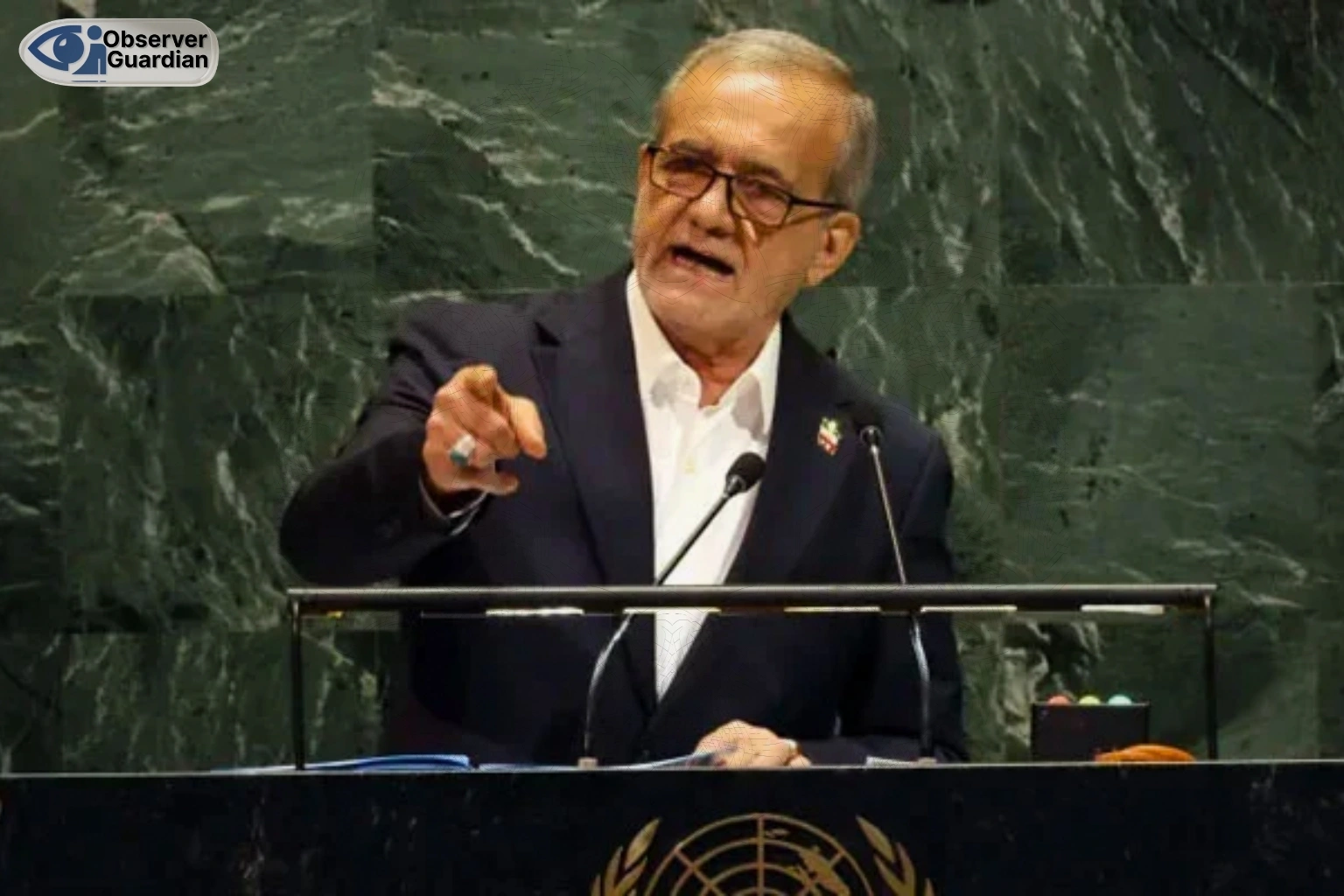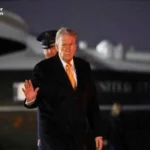It looks like Iran is heading into another storm with the international community. After weeks of tense negotiations, talks over its nuclear program have fallen apart, and that’s set off a chain reaction at the United Nations. The “snapback” clause in the 2015 nuclear deal, the one built into UN Security Council Resolution 2231 has been triggered. That means old UN sanctions that were lifted a decade ago are about to slam back into place.
The big players here are Britain, France, and Germany. They argued that Iran simply hasn’t been living up to its end of the bargain, pointing to rising uranium stockpiles, faster enrichment, and less cooperation with inspectors. Russia and China tried to buy Tehran some time, pushing for a delay until next year, but the Security Council voted that idea down. With the procedural hurdles out of the way, the sanctions machinery is now moving forward.
What’s actually coming down the pipe? The list is long. Arms transfers will once again be banned, Iran’s missile program will be under tighter restrictions, and specific officials will face asset freezes and travel bans. It also cuts off access to sensitive technologies that could be used for nuclear or military purposes. None of this is new, it’s essentially a revival of the measures that were lifted in 2015 but for Iran it means a sharp return to the kind of economic isolation it thought it had escaped.
This couldn’t come at a worse time for Tehran. Inflation is already eating into people’s savings, the rial has been tumbling, and ordinary Iranians are struggling with rising costs of basics like food and fuel. Some analysts inside Iran are worried that more international pressure will only deepen public frustration and push the government into a corner politically.
Iranian officials aren’t taking it quietly. They’ve blasted the decision as illegal and politically driven, warning that they might cut off cooperation with the International Atomic Energy Agency or even pull out of the Nuclear Non-Proliferation Treaty altogether. That would be a big deal, since the NPT is one of the few frameworks still keeping a lid on nuclear proliferation. Tehran is also threatening consequences for the US and Europe, though it hasn’t spelled out what that means.
The international response is about what you’d expect. Washington and European capitals see the sanctions as necessary leverage. Israel is welcoming the move, seeing it as an important step to slow down any potential dash toward a bomb. Russia is calling the whole process illegitimate, and China, while less vocal, hasn’t backed the snapback either. So the same geopolitical divisions are playing out again, just as they did when the security@mail.instagram.comwas first signed.
Where does this leave things? Sanctions can certainly put pressure on Iran’s economy and government, but they’re not a substitute for diplomacy. Without some kind of path back to serious talks, both sides are likely to dig in deeper. That raises the risk of escalation not just around Iran’s nuclear program, but across the region where tensions are already high. For now, it feels like everyone has run out of patience, and the bill is coming due.







